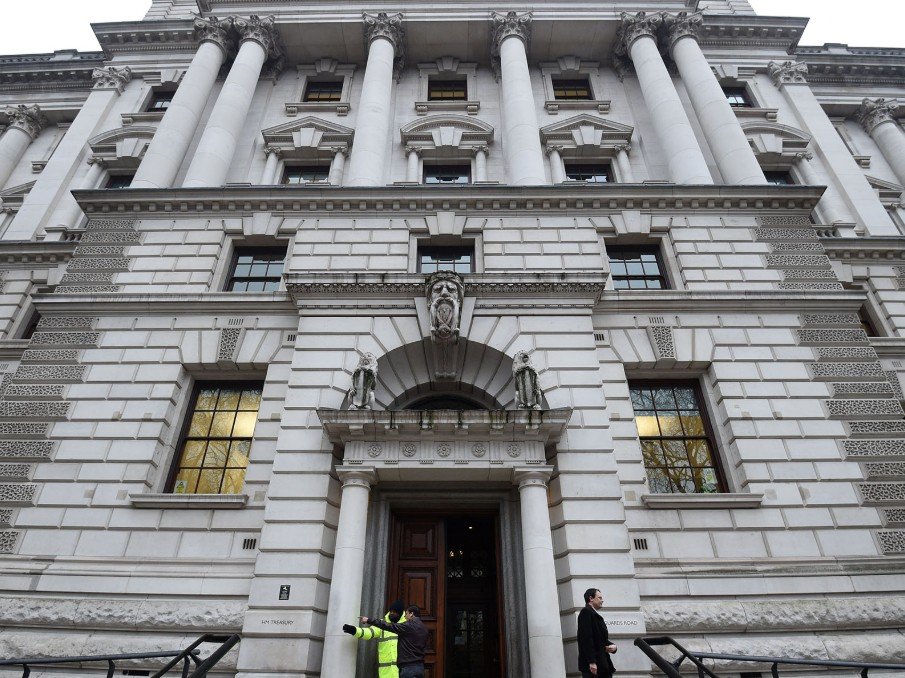A veteran UK lawmaker has voiced strong concerns over a British embassy worker in Tel Aviv who owns property in an illegal West Bank settlement. Emily Thornberry, chair of the Foreign Affairs Select Committee, called the findings shocking and plans to demand answers from the government on this breach of policy.
Background on the Controversy
The issue came to light through recent reports showing that Gila Ben-Yakov Phillips, a long-time employee at the UK embassy in Tel Aviv, owns a home in Kerem Reim, an outpost in the occupied West Bank. This settlement was built by Amana, an organization the UK has sanctioned for supporting violence against Palestinian communities.
Phillips has worked at the embassy for 16 years, handling roles in human resources and corporate services. Records confirm she bought the property in 2022, and she has shared details about it on social media. The UK views all West Bank settlements as illegal under international law, a stance it has repeated in statements at the United Nations.
This revelation adds to ongoing debates about UK’s foreign policy consistency. Just months ago, in August 2025, the UK summoned Israel’s ambassador over plans for another large settlement that could split the West Bank. Foreign Secretary Yvette Cooper has stressed the need for actions that respect Palestinian rights.

Reactions from Lawmakers and Public
Emily Thornberry, a Labour MP with deep experience in foreign affairs, told reporters the news was alarming. She highlighted the government’s firm position against settlements and said her committee would push for more action. Thornberry’s panel has already called for a full ban on imports from these areas to enforce international rules.
Other politicians have joined the outcry. SNP MP Chris Law described it as a sign of weak moral direction in UK policy on Palestine. Labour’s John McDonnell also submitted questions, urging the government to explain how this happened. Cross-party concern shows growing frustration with perceived double standards.
Public sentiment, seen in social media discussions, reflects anger and calls for accountability. Many users point out the irony of UK sanctions on settlement groups while an embassy staffer benefits from one. This ties into broader talks about ethical hiring in diplomatic posts.
- Key reactions include demands for an internal review of embassy staff properties.
- Calls for transparency on how the employee was allowed to promote the settlement online.
- Suggestions that this could harm UK’s credibility in Middle East peace efforts.
Government Response and Policy Stance
The UK government has not yet given a full explanation for the oversight. Officials have acknowledged the sanctions on Amana but stayed quiet on this specific case. In May 2025, the UK imposed penalties on several settler groups and individuals for rights abuses in the West Bank, pausing trade talks with Israel as a signal.
Foreign Secretary Yvette Cooper recently spoke in parliament about the fragile Gaza situation, pushing for more aid and open borders. She linked peace efforts to international law, including respect for Palestinian self-rule. Analysts say this embassy issue tests the Labour government’s commitment under Prime Minister Keir Starmer.
Experts note that similar cases have sparked reviews in other countries. For instance, the US has faced scrutiny over diplomats’ ties to contested areas. The UK might now tighten rules on staff residences to avoid conflicts.
| UK Actions on West Bank Settlements | Date | Details |
|---|---|---|
| Sanctions on settler groups | May 2025 | Targeted organizations like Amana for violence support |
| Summoning Israeli ambassador | August 2025 | Protested E1 settlement plan that could divide West Bank |
| UN statement on illegality | September 2024 | Called expansion unacceptable and against law |
| Individual sanctions | February 2024 | Asset freezes on four Israelis for abuses |
This table shows a pattern of UK efforts, yet the current scandal raises questions about enforcement.
Broader Implications for UK-Israel Relations
The controversy could strain ties between London and Tel Aviv at a tense time. With ongoing conflicts in Gaza and rising West Bank violence, the UK has urged restraint and more humanitarian aid. President Trump’s peace plan, mentioned by Cooper, aims for transitions but needs Palestinian input to succeed.
Logically, allowing an employee to live in a sanctioned settlement undermines UK’s calls for others to follow international norms. It might encourage critics to question aid policies or arms sales to Israel. Recent events, like the August 2025 joint statement by 21 foreign ministers condemning settlement expansions, show global consensus against such moves.
In the long term, this could lead to policy changes, such as stricter vetting for diplomatic staff. It also highlights the human side: Palestinians face displacement while settlers expand, fueling cycles of unrest.
What This Means for Future Policy
This case spotlights gaps in how governments handle staff conduct abroad. With settlements growing by about 10 percent yearly based on 2025 data from monitoring groups, pressure on the UK to act tougher will likely increase. Thornberry’s committee might hold hearings, bringing more details to light.
For readers following Middle East affairs, this story underscores the need for consistent ethics in diplomacy. It connects to larger issues like aid delivery in Gaza, where only a fraction of needed supplies enter despite calls for open crossings.
Share your thoughts in the comments below: Do you think the UK should fire the employee or impose stricter rules? Spread the word by sharing this article to keep the conversation going.
